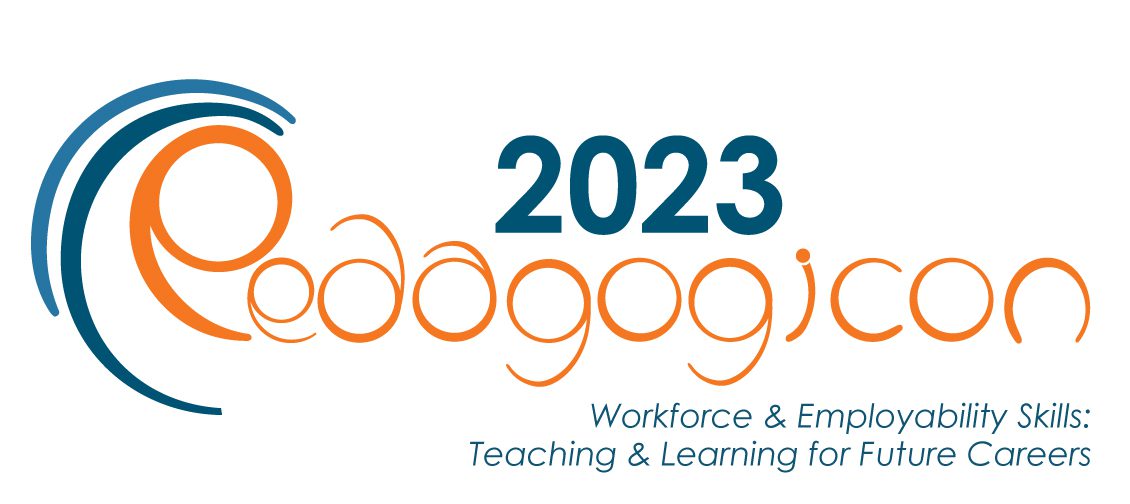Publication Date
2024
Abstract
Students often belong to a different generation than their teachers and future coworkers. These generational differences shape teaching, learning, and employability. This paper describes communication and learning preferences associated with generations. An appreciation of generational differences may reduce negative stereotypes, enhance outcomes, and promote intergenerational communication, collaboration, and learning.
Creative Commons License

This work is licensed under a Creative Commons Attribution 4.0 License.
Gen Z and the Changing Workforce
Students often belong to a different generation than their teachers and future coworkers. These generational differences shape teaching, learning, and employability. This paper describes communication and learning preferences associated with generations. An appreciation of generational differences may reduce negative stereotypes, enhance outcomes, and promote intergenerational communication, collaboration, and learning.


